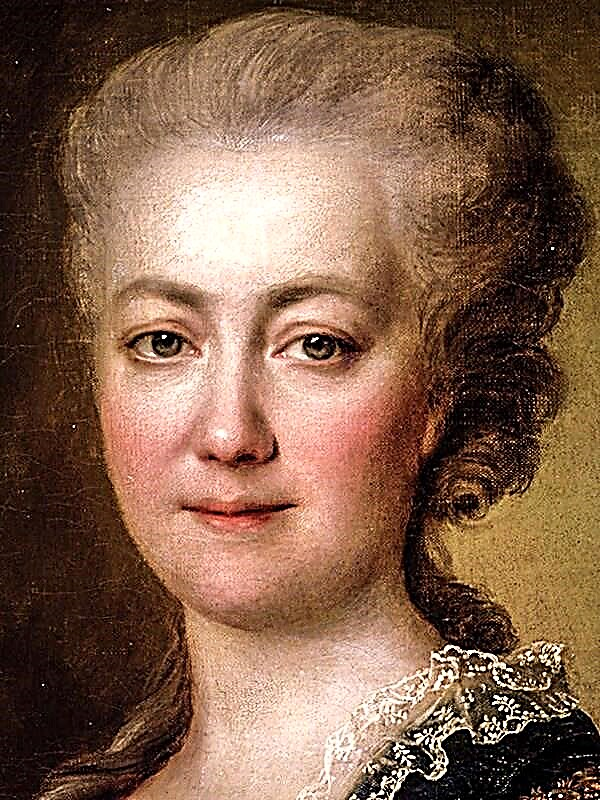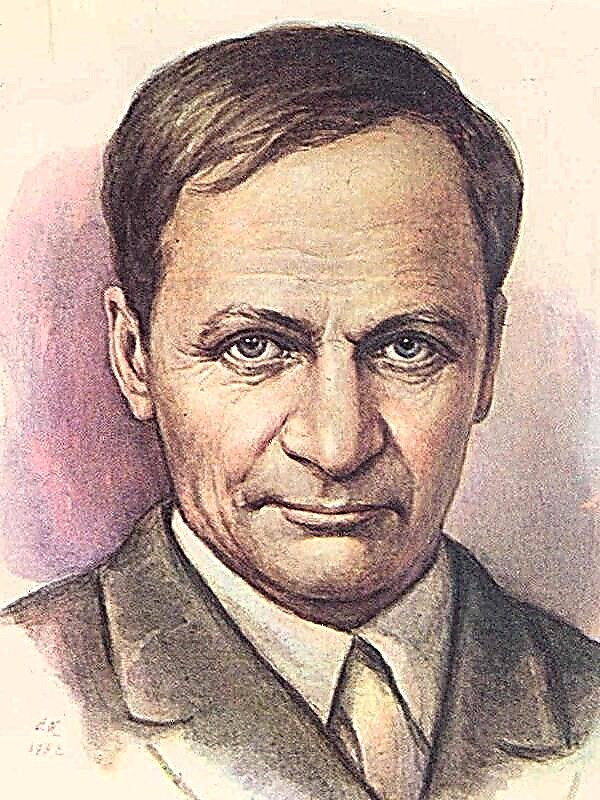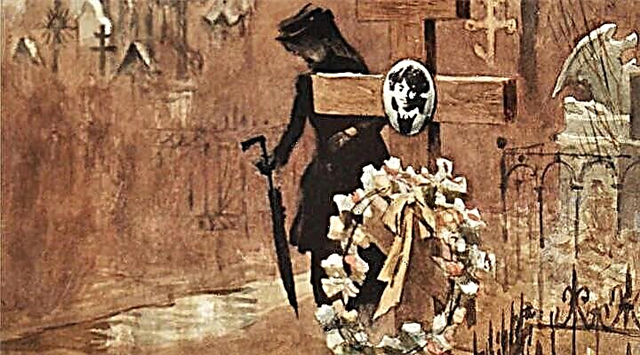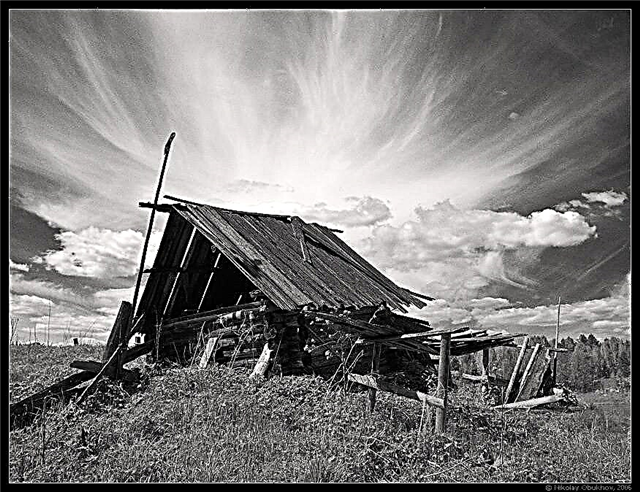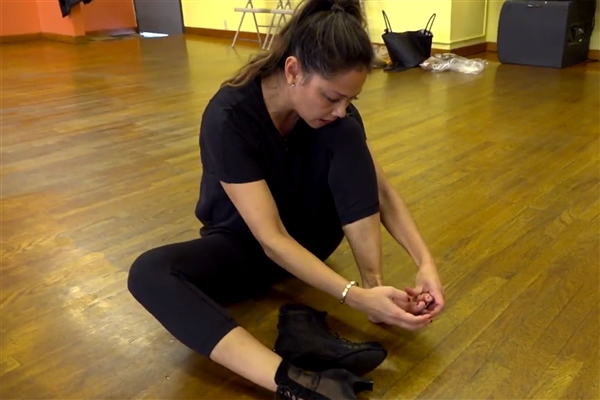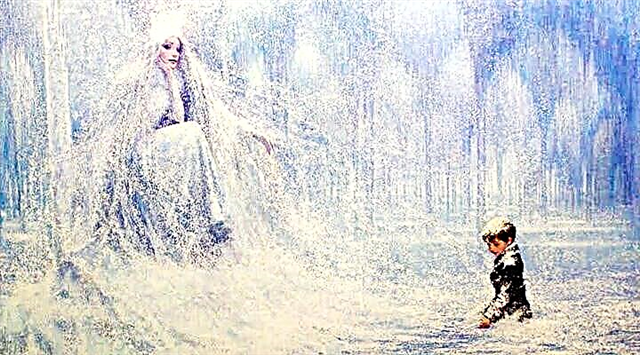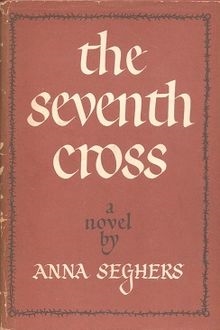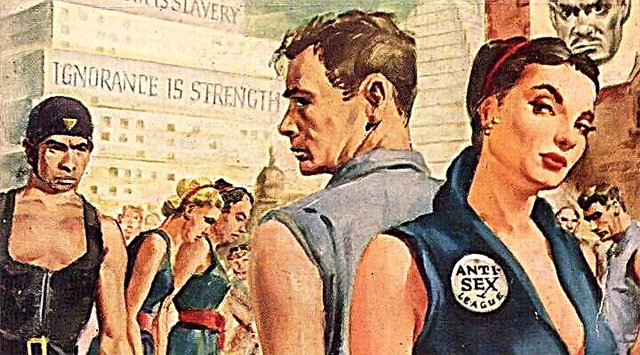(297 words) “The Cherry Orchard” is one of the most famous works of the great Russian writer Anton Pavlovich Chekhov. The special drama of an obsolete estate that has no idea of real life is shown in the same family. The life path of the characters of the work is awkward. Adult people, but behave like children - this is the comic of the drama. But for each of these “children,” the cherry orchard was part of life. Everything that was built over the years disappeared in an instant. And what would happen if this did not happen?
At Ranevskaya, the garden is associated with childhood, youth and happiness, and for Firs - this is generally his whole life, because he spent the best years to serve the owners. It would seem that with such love for the family estate, the debt problem could be solved, but even if the resale of the garden had to be prevented, the fate of the heroes of the play would not have been otherwise. Suppose Ranevskaya or Gaev found the amount needed to pay off a debt. This would just delay the farewell to the family estate, as the heroes do not know how to manage the money and can not plan the budget. Random luck would only aggravate their situation: they live with illusions anyway, and here they would sacredly believe in them. Having shown the redistribution of material wealth, the author wanted to catch the change of eras and dominant classes, and this spontaneous historical process cannot be stopped. Therefore, the sudden enrichment of the nobility will not solve anything. The garden is doomed to perish, as the old must disappear in order to clear a place for the new.
Over time, the garden lost its significance as a symbol of magnificence and luxurious noble life, it has outlived itself, and the surest decision is to cut it down. The point is not even in him, but in the fact that his old masters could not make the right decision. They don’t even ask themselves why it happened, and what they could do to make a difference. This does not concern them. Each hero felt like a victim of cruel rock and each of them behaved accordingly.

